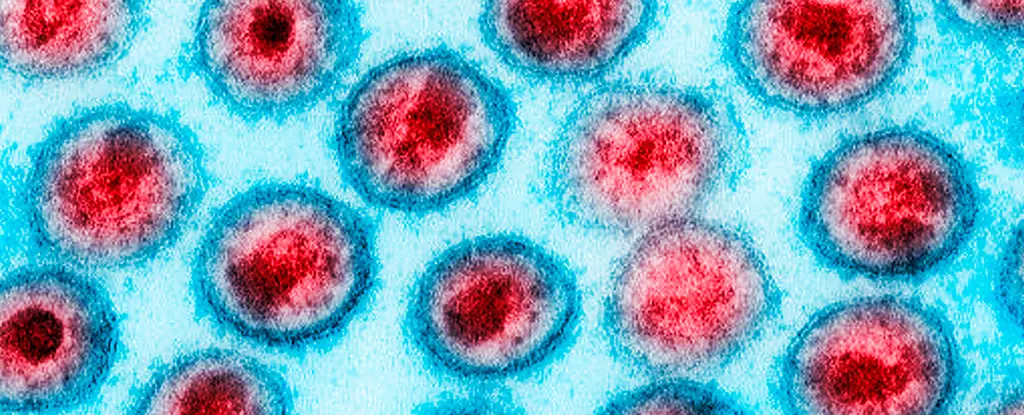A recent randomized controlled trial conducted by researchers from Sun Yat-sen University in China has shed new light on the potential benefits of circumcision in reducing the risk of HIV infection among men who have sex with men. This study adds to existing evidence suggesting that removal of the foreskin can impede the transmission of sexually transmitted infections like HIV. While observational studies have hinted at this association in the past, the randomized controlled trial provides more concrete evidence to support these claims.
In this study, 247 uncircumcised men between the ages of 18 and 49 who were HIV-seronegative were enrolled from eight cities in China. All participants reported engaging in primarily insertive anal intercourse and having had two or more male sex partners in the past six months. The men were randomly assigned to either an intervention group or a control group. The intervention group received immediate circumcision, while the control group had their circumcision delayed by a year.
During the study period, the men in the intervention group did not experience any new cases of HIV infection, while the control group had five new HIV infections. This finding suggests that circumcision may play a role in reducing the risk of HIV transmission among men who have sex with men. However, the study did not find statistically significant differences in infection rates of other sexually transmitted diseases tested for, indicating that the protective effect of circumcision may be specific to HIV.
Despite the promising results of this study, there are several limitations that should be taken into account. The sample size of the study was smaller than ideal, and the overall rate of HIV infection was lower than expected. Additionally, while circumcision is a common practice in many cultures, the issue of carrying out circumcision on minors without their consent remains a controversial and sensitive subject.
Advocacy for circumcision as a public health intervention, particularly in African communities, has faced criticism for being culturally insensitive and driven by Western influences. Critics argue that the promotion of circumcision in Africa is based on flawed evidence and fails to consider the socio-economic factors influencing HIV prevalence in the region. The framing of circumcision as a solution to African HIV epidemics has been described as a form of cultural imperialism rather than sound health policy.
While the new study provides valuable insights into the potential benefits of circumcision in reducing the risk of HIV infection among men who have sex with men, the researchers caution against overestimating its protective efficacy. They emphasize the importance of comprehensive preventive measures in addition to circumcision to offer full protection against HIV. Further research is needed to fully understand the impact of circumcision on HIV transmission and to address the cultural and ethical considerations surrounding this practice.


Leave a Reply